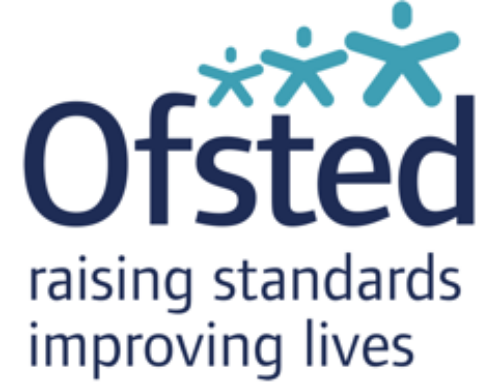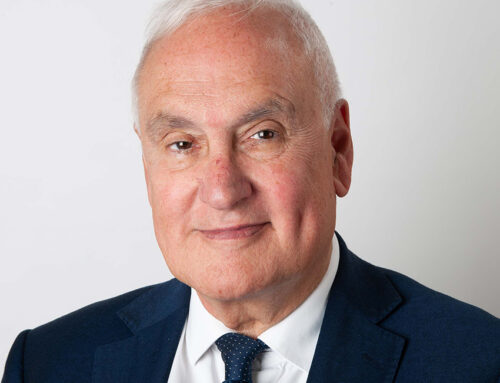 A new HMCI will be appointed in the next few months when Amanda Spielman steps down at the end of her tenure as Chief Inspector and Head of Ofsted.
A new HMCI will be appointed in the next few months when Amanda Spielman steps down at the end of her tenure as Chief Inspector and Head of Ofsted.
The appointment comes at a difficult time for OFSTED after the tragic death of Ruth Perry. The subsequent emotional response from the teacher and head teacher unions with calls for a radical reform of Ofsted and even the abolition of the Inspectorate itself, will mean that the new Chief Inspector will be subject to even greater scrutiny than usual. This will be tough for the new appointee who will not only have to consider reform but will also have to get on with the day-job of running a huge accountability organisation which inspects seven remits from schools and colleges to social care provision and prison education.
Another complication is that the appointment will be made by the present Conservative Administration which, I suspect, will want to maintain much of the present accountability system based on a single overall judgement. However, an incoming Labour administration would almost certainly want OFSTED to move towards a less judgemental and a more narrative and supportive approach to inspection. Therefore, the new Chief Inspector will have to be a pretty flexible personality, willing to serve two different masters and ready to transition to a very different model of inspection in the near future.
Given this political context, can I offer, as a former HMCI who still bears the scars of some fierce battles with ministers as well as the educational establishment, some advice to the successful candidate.
Firstly, remember that much of the credibility of your office is based on the belief that you are independent of government and not its plaything.
You report to Parliament through the Education Select Committee and not just to the Secretary of State. This is important because those institutions that are subject to inspection and expect you to challenge low standards will also expect you to challenge the government when inspection evidence shows that policies and initiatives are not working. Chris Woodhead faced the wrath of the government of the time when he described much of the ‘Every Child Matters’ initiative as “vacuous” and I certainly had problems with one particular minister when I reported that some academy chains were doing no better than the local authorities they replaced.
So, remember to be brave and stand up for the independence of OFSTED and the evidence of inspection. The Head of the Office for Standards in Education should always be vocal on standards, even if this is sometimes controversial and upsets governments and those in the educational and care establishment. If, for example, inspectors see that teacher shortages are affecting standards and that the government is not doing enough to recruit trainees, then you must say so loudly and clearly. If inspectors report that poor children are continuing to do badly and that the attainment gap is widening, then you must say so loudly and clearly. If inspectors see huge regional differences in standards then you must say so loudly and clearly. Nothing should affect your determination to do what is right and tell it as it is.
Children, young people and their families depend on you for being a force that speaks up for them.
Secondly, don’t get suffocated by the huge bureaucracy that surrounds you. Make sure you appoint good people to lead on those remits Ofsted inspects, particularly those that you are not familiar with. Delegate authority to them and trust them to be the mouthpiece for you in the media and when the Annual Report is published. Don’t get burned out and always try to see the big picture, the overarching theme which will garner attention and have traction with ministers and policy-makers.
Thirdly, always face up to the fact that Ofsted will never be a popular organisation, although a necessary one. This means that any weakness will be highlighted and sometimes celebrated by those you inspect. The Achilles Heel of inspection has always been the consistency of judgements. No matter how detailed and watertight an inspection framework, there will, inevitably, be variations in the judgements of individual inspectors. It is absolutely vital, therefore, that you further refine the regional structure of Ofsted to ensure that regional directors and senior HMI quality-assure every inspection and every report.
It is also crucial that you recruit high-quality people to the Inspectorate–people who know what ‘good’ looks like and are experienced senior practitioners in good schools and other institutions. Confidence in the inspection system depends on this. In the same way that policing depends upon trust and consent, so Ofsted depends upon those that it inspects to provide it with respect and a sense that it is serving the public good.
The OFSTED budget has been cut remorselessly over the last few years. As a result, the Inspectorate has found it increasingly difficult to retain high-quality inspectors who, quite naturally, are tempted by higher salaries in Academy Trusts. This is worrying and the new Chief Inspector will have to fight the good fight with the Department of Education and the Treasury to ensure OFSTED has sufficient funds to recruit and retain inspectors who can command the respect of the education and care workforce.
As somebody who remembers the terrible state of education in the 70s and 80s and has seen the remarkable progress in standards over the last 30 years, I would be very sorry if our accountability system and, particularly OFSTED, lost authority and credibility.
The new Chief Inspector, therefore, has to be Janus-like, forever looking for weaknesses in the inspection system but, at the same time, calling out underperformance and failure in those institutions Ofsted inspects.
A tough job but an enormously rewarding one and I wish the successful candidate the very best of luck.
Sir Michael Wilshaw






